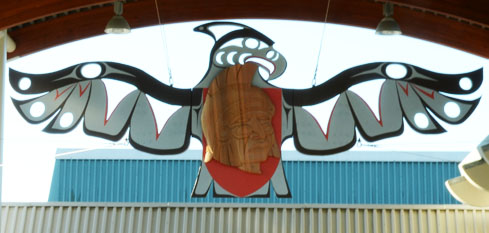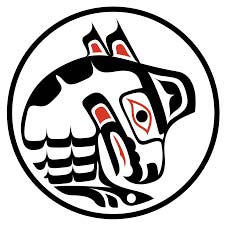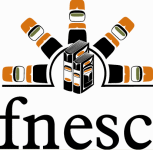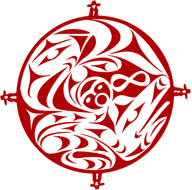Our Journey / nexw7iỷáỷulh
Throughout the 2019-20 school year, the WVIEC met to develop the 2020-2025 Enhancement Agreement goals. The process began by revisiting the previous Enhancement Agreement goals (2014-2019) and reflecting on the successes, challenges, and future opportunities. The committee then participated in a series of facilitated activities and discussions designed to focus, refine, and develop three guiding goals and directions. These draft goals were shared with our WVS Indigenous Circle Committee, made up of teachers, administrators, Indigenous Success teachers, our Sḵwx̱wú7mesh Nation Elder Advisors, and members of our District Leadership Team, for input and feedback. The WVS Indigenous Circle Committee worked to articulate Indicators of Success from the student, family and school perspectives. These indicators act as benchmarks from which to measure future success and progress.
In the fall of 2020, the IEA was reviewed and further refined by a number of our WVS partner groups before being officially being enacted by the WVIEC. Although an Enhancement Agreement is no longer a provincial requirement, we feel it is a meaningful process, and are excited that this important agreement represents our combined commitment to support our students and families.
The Indigenous Enhancement Agreement is designed to enhance the educational success of our First Nations, Métis, and Inuit students, and will focus on three main goals to ensure that our students are supported intellectually, culturally, and emotionally.
On November 23, 2020, the West Vancouver Indigenous Education Council gifted and presented the 2020-2025 Indigenous Education Enhancement Agreement to the WVS Superintendent of Schools Chris Kennedy, and WVS Board Chair Carolyn Broady, to guide future decision-making ensuring Indigenous student success, to furthering our understandings and actions of Truth and Reconciliation, and to cement our commitments and relationships with our Indigenous partners.
We are grateful to our First Nations partners, friends, students, and families who have guided this journey. Their shared thoughts, knowledge, and experience helped develop this IEA in order to further support students in achieving their best and foster wellness of spirit, body, and mind.
We would like to thank and acknowledge the following for their work, guidance, and voice in the development of our 2020-2025 WVS Indigenous Enhancement Agreement.
Chen kw’en mantúmi

Lessons from canoe culture
The work of the Aboriginal Enhancement Committee recognizes the traditional lessons realized through the culture of the Skwxwú7mesh people. We strive to work towards the goals of this agreement through the following principles and lessons passed down through oral traditions:
The gift of each enriches all
Every story is important: the bow, the stern, the skipper and the power paddler in the middle are all part of the movement.
We all pull and support each other
Nothing occurs in isolation. The family is prepared to be supportive and committed to help the canoe move forward. When we know we are not alone in our actions, we also know that we are lifted up by everyone else.
The journey is what we enjoy
While the start is exciting, and the conclusion is cause for celebration, it is the steady progress toward our goals that we remember. The journey requires great preparation and awareness that, on the journey together, we are much more than ourselves.
A good teacher allows the student to learn
We will strive to create an atmosphere that supports learning, but we must also allow each paddler to gain self-awareness by participating in the ongoing journey. Each paddler learns to deal with the person in front, the person behind, the water, the air, the energy and the blessing of the eagle.




